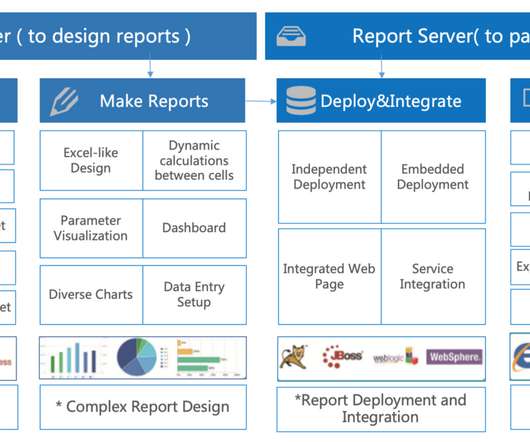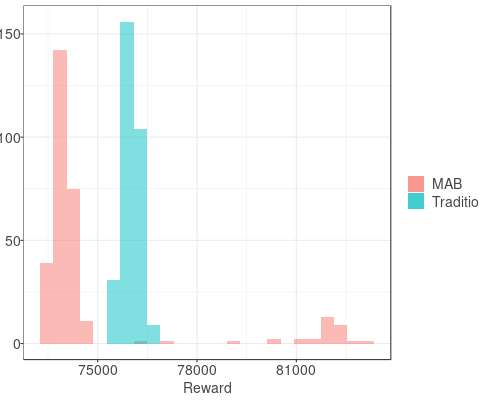KDD 2020 Opens Call for Papers
Data Science 101
DECEMBER 11, 2019
This weeks guest post comes from KDD (Knowledge Discovery and Data Mining). Every year they host an excellent and influential conference focusing on many areas of data science. Honestly, KDD has been promoting data science way before data science was even cool. 1989 to be exact.














Let's personalize your content